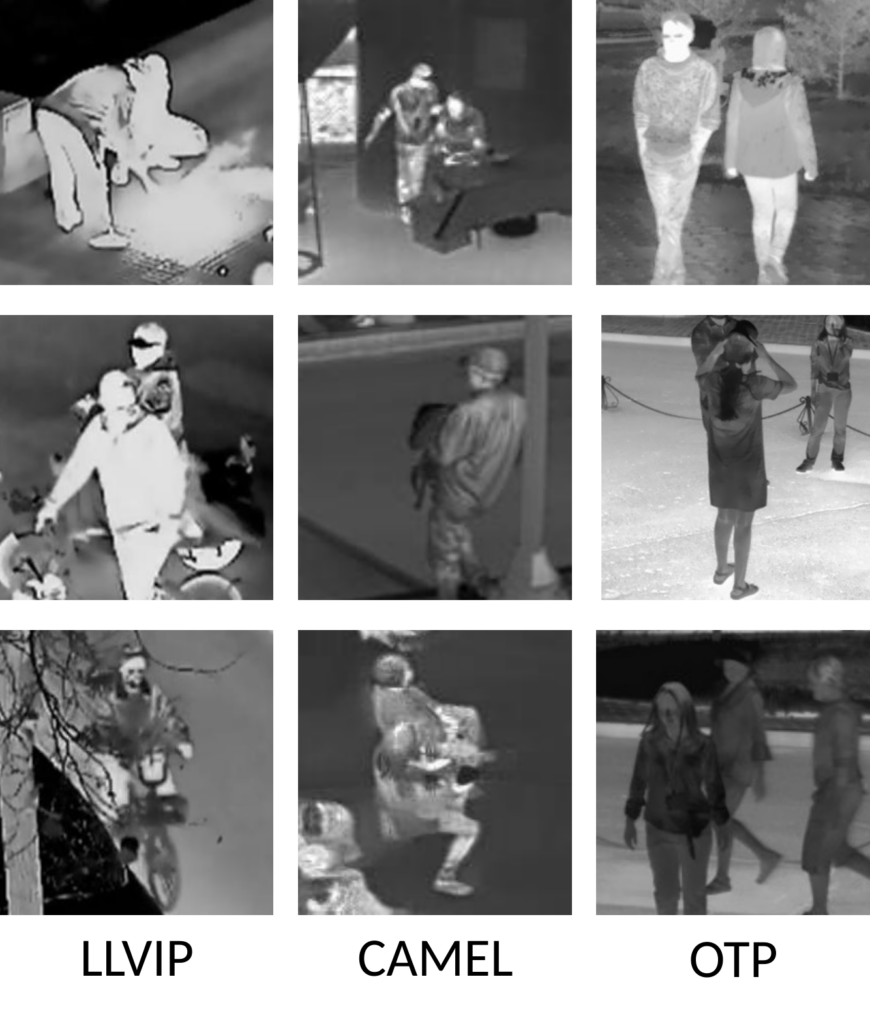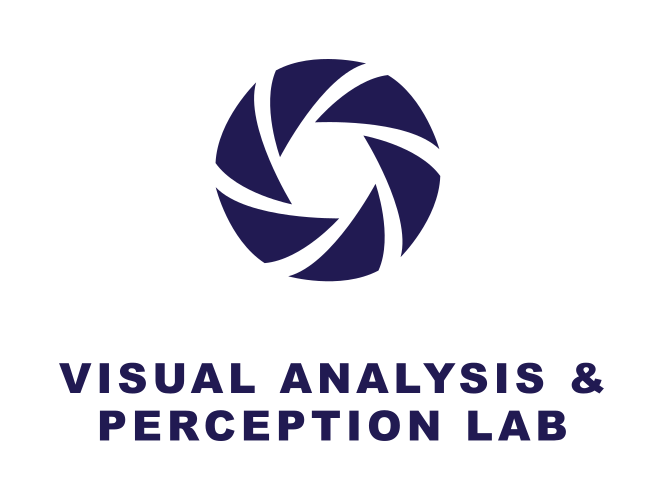
See the program here:
Call for Papers
Computer vision methods trained on public databases demonstrate performance drift when deployed for
real-world surveillance, compared to their initial results on the test set of those employed databases. In this
workshop, we are interested in papers reporting their experimental results on any application of computer
vision in real-world surveillance, challenges they have faced, and their mitigation strategy on topics like,
but not limited to:
• Object detection
• Tracking
• Anomaly detection
• Scene understanding
• Super-resolution
• Multi-modal surveillance
Furthermore, the workshop has a special attention to legal and ethical issues of computer vision applications in
real-world scenarios. We therefore also welcome papers describing their methodology and experimental results on
legal matters (like GDPR, AI Act, and US Executive Order on AI) or ethical concerns (like detecting bias towards
gender, race, or other characteristics and mitigating strategies). The workshop also hosts a competition on human
pose estimation and pose tracking.
Important Dates
Paper submission: November 20th, Extended to December 4th, 2024 (11:59 PM, PT)
Paper submission for challenge participants: December 15th, 2024 (11:59 PM, PT)
Decision notification: December 20th, 2024 (11:59 PM, PT)
Camera-ready: January 7th, 2024 (11:59 PM, PT)
Submission
Submitted papers are handled via CMT accessible here
Paper template and guidelines for the workshop are similar to those of WACV and they can be found here
Accepted papers will be included in WACV Workshop proceedings and will be published by the CVF / IEEE.
Challenge: Human Pose Estimation on Thermal Imaging

Our workshop presents a new competition series on “Human Pose Estimation on Thermal Imaging,” proposed by Mickael Cormier, Andreas Specker, Jürgen Metzler, and Jürgen Beyerer from Karlsruhe Institute of Technology and Fraunhofer IOSB in Germany. The competition will be hosted on the eval.ai platform.
Human Pose Estimation (HPE) using visual images has achieved significant success. However, RGB-based models often struggle in poor weather and low-light conditions. Thermal infrared images offer a solution, remaining unaffected by such conditions and providing enhanced privacy.
To address the lack of large-scale thermal HPE datasets, we introduce the Unified Pedestrian Pose Estimation in Thermal Imaging (UPPET) dataset. This dataset combines LLVIP, CAMEL, and OpenThermalPose (OTP), providing harmonized pose annotations across 19,333 images with 15 keypoints each and is used for the challenge.
The competition aims to advance HPE in Thermal Imaging through three tracks:
1. Generalization of HPE in Thermal Imaging
2. HPE on Thermal Imaging
3. HPE on Thermal Imaging based on Synthetic Data
Participants will have a development phase to validate their results, followed by a test phase with a limited number of leaderboard submissions. A baseline model will be provided for reference.
Join us in advancing the field of Human Pose Estimation on Thermal Imaging!
Challenge start date: November 6th, 2024. All infos and data: https://github.com/MickaelCormier/uppet
Keynote Speakers
Xiaoming Liu, MSU Foundation Professor and Aniland Nandita Jain Endowed Professor at the Department of Computer Science and Engineering of Michigan State University, USA
Talk:
Rikke Gade, Associate professor at section of Media Technology, Aalborg University, Denmark
Talk:
Stergios Papdakis, Program Manager at Intelligence Advanced Research Projects Activity (IARPA), USA
Talk: BRIAR (Biometric Recognition and Identification at Altitude and Range): Tuning and integrating multiple biometric modalities for recognition under difficult imaging conditions
Michael Teutsch, Principal Scientist at Hensoldt Optronics, Germany.
Talk: Learning more from less data in the thermal infrared spectrum.
Haggai Abramson, BriefCam.
Talk: Multi-camera tracking
Organizers
Andreas Specker
Fraunhofer Institute of Optronics, System Technologies and
Image Exploitation IOSB, Karlsruhe, Germany
Mail: andreas.specker@iosb.fraunhofer.de
Mickael Cormier
Karlsruhe Institute of Technology and Fraunhofer Institute for Optronics, System Technologies and Image Exploitation IOSB, Karlsruhe, Germany
Mail: mickael.cormier@iosb.fraunhofer.de
Sergio Escalera Guerrero
Universitat de Barcelona, Spain
Computer Vision Center, Spain
Aalborg University, Denmark
Mail: sescalera@cvc.uab.cat
Radu Ionescu
University of Bucharest, Romania
Mail: raducu.ionescu@gmail.com
Fahad Shahbaz Khan
Mohamed bin Zayed University of Artificial Intelligence, Abu Dhabi, United Arab Emirates
Linköping University,Sweden
Mail: fahad.khan@liu.se
Kamal Nasrollahi,
Aalborg University, Denmark
Milestones Systems, Denmark
Mail: kn@create.aau.dk
Advisory Committee
Thomas Moeslund
Aalborg University, Denmark
Mail: tbm@create.aau.dk
Anthony Hoogs
Kitware Inc, USA
Mail: anthony.hoogs@kitware.com
Shmuel Peleg
Hebrew University of Jerusalem, Israel
Mail: peleg@mail.huji.ac.il
Mubarak Shah
University of Central Florida, USA
Mail: shah@crcv.ucf.edu

